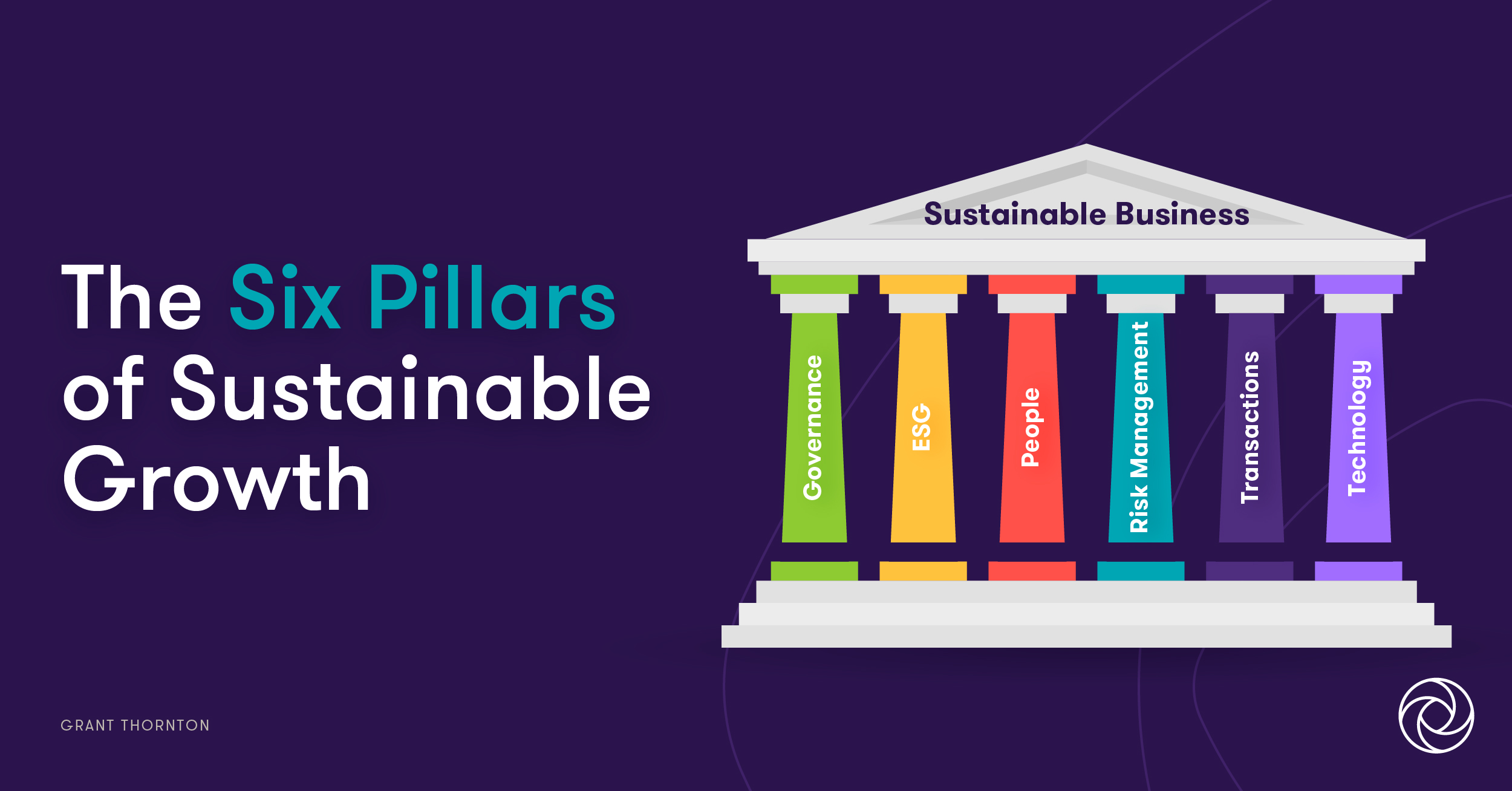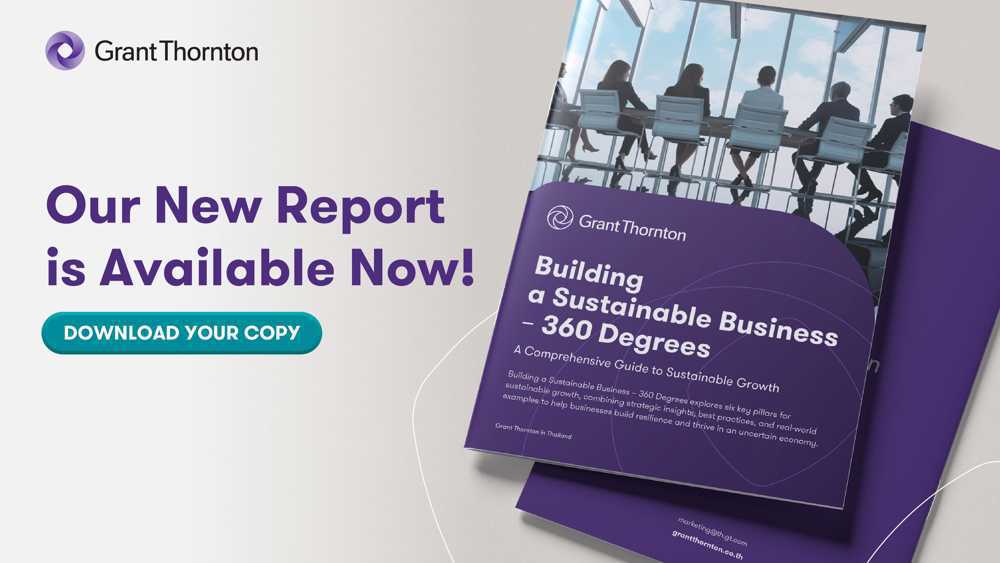Growth is back, but uncertainty remains. For the past two decades, the promise of new technology fuelling global development via hyperconnected trade routes has been repeatedly impeded by financial crashes, geopolitical instability, culture wars, and a crippling pandemic. While some barriers have recently receded, and AI technology is indeed unlocking opportunities across every industry, significant risks still cloud Thailand’s economic outlook.
Despite GDP growth figures showing moderate recovery in recent quarters, deeper structural challenges persist. As highlighted in our recent International Business Report (IBR) press release for Q4 2024, Thai businesses show declining confidence, with investment in critical areas such as technology, workforce skills, and productivity falling significantly behind regional
peers in ASEAN. This lagging investment poses serious concerns about Thailand’s future competitiveness and economic resilience.
In his recent analysis in the Bangkok Post, economist Chartchai Parasuk warned of underlying fragility in Thailand’s economy, comparing it to the structural weaknesses that led to the sinking of the Titanic. He emphasised issues such as excessive debt burdens, tightening financial conditions, and weak domestic consumer spending as significant vulnerabilities.
Parasuk described these factors as converging risks that, if not proactively addressed, could trigger a severe economic downturn.
Therefore, while opportunities for growth certainly exist, caution remains essential. Businesses must adopt a realistic, balanced approach - building resilience to safeguard against future shocks. Sustainability, in this context, is paramount, not merely as an ethical aspiration, but as an urgent economic necessity.
This report builds on our previous analysis, which focused on failure prevention, and instead charts a cautious yet forward-looking path toward sustainable, resilient growth. The six pillars discussed below represent the critical areas businesses must strengthen to withstand ongoing uncertainties:
- Governance
- ESG
- People
- Risk Management
- Transactions
- Technology
Businesses across all sectors can enhance their resilience by proactively investing in these pillars. Best practices continue to evolve rapidly in response to digital innovation and shifting global economic dynamics. Complacency is not an option; continuous adaptation remains essential to navigate the complexities of today’s uncertain landscape.

Taking the long view
Although consistent improvement is critical, lessons from past successes - and failures - are equally valuable. The most impactful business insights emerge not from short-term tactical choices but from strategic thinking that guides decisions over time.
Naturally, pressure from shareholders seeking immediate returns or internal constraints around liquidity and operational stability can complicate long-term planning. These pressures are legitimate and deserve attention. Yet, corporate leadership bears the primary responsibility to steer the organisation toward sustained, future-oriented success. Effective leadership strikes a balance between immediate performance needs and a steadfast commitment to long-term resilience and sustainability.
Let us begin with corporate governance and explore how robust leadership can help businesses navigate Thailand’s complex economic realities.
Note
This article is part of an on going series entitled Building a Sustainable Business – 360 Degrees.
To read the next article in the series, click here.

Building a Sustainable Business – 360 Degrees
Please complete the form to download Building a Sustainable Business – 360 Degrees


